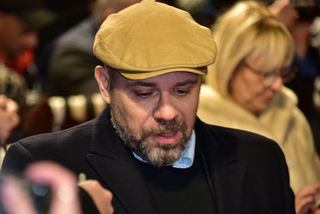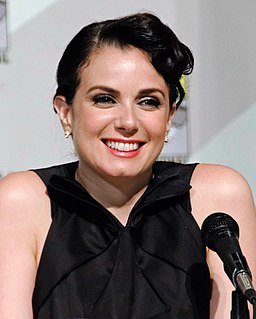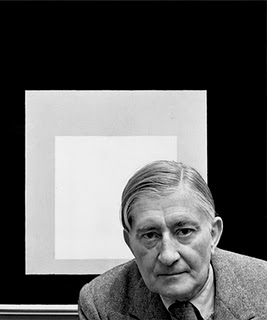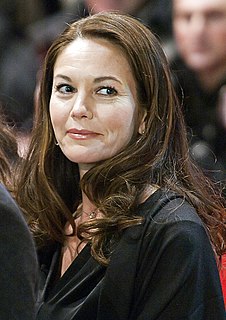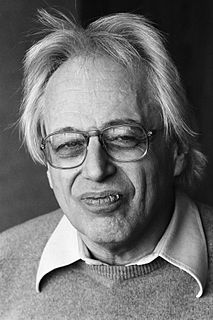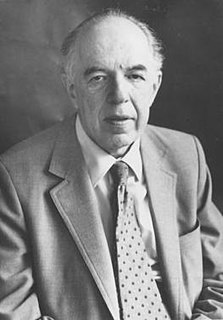A Quote by Olivier Megaton
I'm a painter. I was a graffiti artist, and I painted all over the world.
Quote Topics
Related Quotes
Traditional graffiti writers have a bunch of rules they like to stick to, and good luck to them, but I didn't become a graffiti artist so I could have somebody else tell me what to do. If you're the type who gets sentimental about people scribbling over your stuff, I suggest graffiti is probably not the right hobby for you.
You can go to places in Africa and Asia and find Marley graffiti. In the slums of Nairobi, you see his lyrics painted on walls, and you realise he has this almost religious significance to the underclass of the world. He's a guy born in a hut with no bed, and now he's probably the most listened-to artist in the world. It's fascinating.
Were it not for this [dissatisfaction], the perfect painting might be painted, on the completion of which the painter could retire. It is this great insufficiency that drives him on. The process of creation becomes necessary to the painter perhaps more than it is in the picture. The process is in fact habit-forming.
